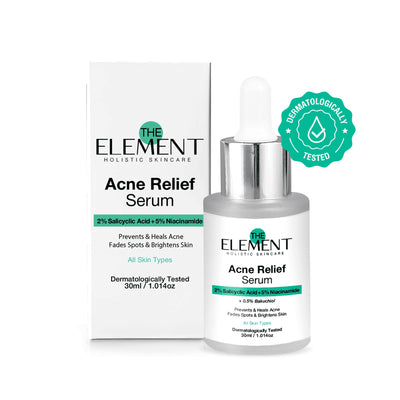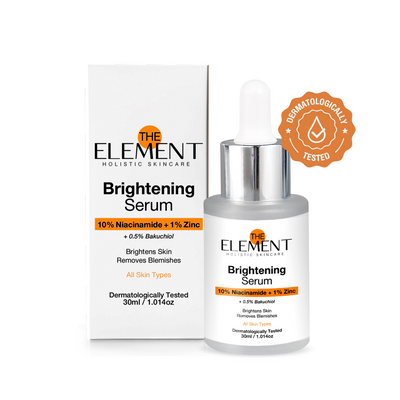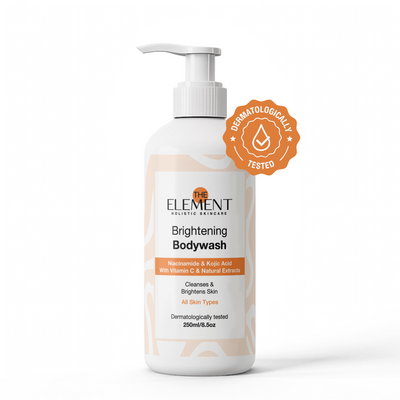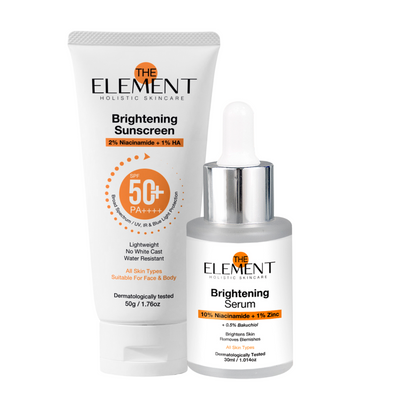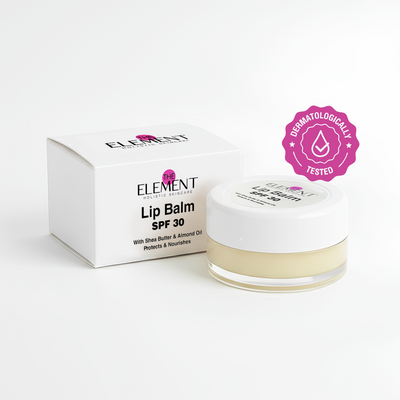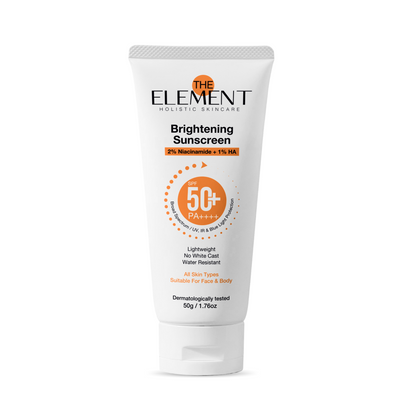Noncomedogenic: What does it mean? How to identify noncomedogenic products?
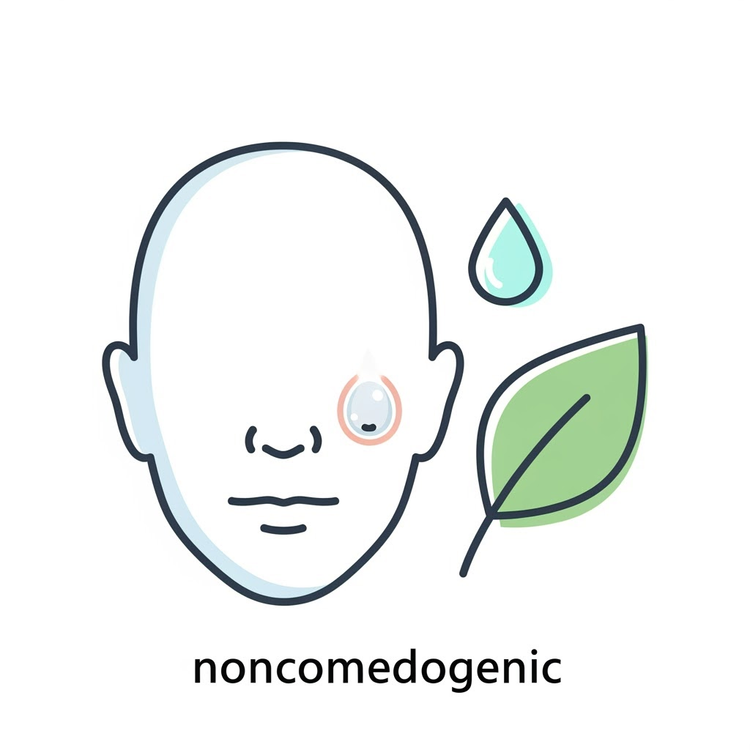
Introduction: What Does Noncomedogenic Mean?
If you’re searching for skincare that won’t clog your pores or trigger breakouts, you’ve likely come across the term noncomedogenic. In 2025, as skincare routines become more streamlined and science-driven, noncomedogenic products are more important than ever for anyone seeking clear, healthy skin. But what does noncomedogenic really mean, and how can you ensure your products are truly pore-friendly? This guide explores the science, benefits, and best practices for noncomedogenic skincare, with expert insights and the latest trends.
What Is Noncomedogenic?
Noncomedogenic refers to products formulated to avoid clogging pores (comedones), which can lead to blackheads, whiteheads, and acne. These products are especially beneficial for oily, acne-prone, and sensitive skin types, but are now recommended for all skin types as part of a holistic, preventative skincare approach.
Key related keywords for 2025:
noncomedogenic moisturizer, noncomedogenic sunscreen, noncomedogenic foundation, noncomedogenic ingredients, acne-safe skincare, skin barrier repair, minimal skincare, sensitive skin, ceramides, niacinamide, peptides, glass skin, skinimalism, holistic skincare, anti-inflammatory skincare, personalized skincare, biotech ingredients, sustainable skincare.
Why Noncomedogenic Skincare Matters
According to Dr. Ryan Turner, board-certified dermatologist and co-founder of Trnr Skin, “Noncomedogenic products are essential for anyone prone to breakouts, but they’re also a smart choice for maintaining a healthy skin barrier and preventing future skin issues. In 2025, we’re seeing a shift toward gentle, multi-functional products that support skin health without overwhelming it.”
Benefits of noncomedogenic skincare:
- Reduces risk of clogged pores and acne
- Supports a healthy, resilient skin barrier
- Suitable for sensitive and reactive skin
- Ideal for minimal, streamlined routines (“skinimalism”)
- Compatible with trending ingredients like ceramides, niacinamide, and peptides
Trending Noncomedogenic Ingredients in 2025
The latest noncomedogenic products are powered by science-backed, gentle ingredients that deliver results without irritation or congestion. Here are some of the top ingredients to look for:
1. Ceramides:
Strengthen the skin barrier and lock in moisture without clogging pores.
2. Niacinamide:
A form of vitamin B3, niacinamide calms inflammation, brightens skin, and is well-tolerated by acne-prone and sensitive skin
3. Peptides:
Support collagen production and skin repair, now often derived from sustainable biotech sources.
4. Hyaluronic Acid:
Deeply hydrates without heaviness, making it ideal for all skin types.
5. Lightweight Oils:
Such as squalane and jojoba oil, which mimic skin’s natural sebum and are less likely to cause breakouts.
How to Choose Noncomedogenic Skincare Products
1. Check the Label:
Look for “noncomedogenic” on packaging, but also review the ingredient list for known pore-cloggers (like coconut oil or isopropyl myristate).[
2. Consider Your Skin Type:
Even dry or sensitive skin can benefit from noncomedogenic formulas, especially those with barrier-repairing ingredients.
3. Patch Test New Products:
Always test on a small area before applying to your whole face.
Noncomedogenic Skincare for Every Step
Cleansers:
Opt for gentle, sulfate-free cleansers that remove impurities without stripping the skin.
Moisturizers:
Look for lightweight, gel-based or water-based formulas with ceramides and hyaluronic acid.
Sunscreens:
Choose mineral or hybrid sunscreens labeled noncomedogenic; avoid heavy, greasy textures.
Makeup:
Noncomedogenic foundations and powders are now widely available, offering coverage without breakouts.
The Future of Noncomedogenic Skincare
In 2025, the noncomedogenic movement is evolving with trends like:
- Personalized skincare: AI-driven diagnostics and custom formulations for your unique skin needs.
- Biotech ingredients: Lab-grown peptides and collagen for sustainable, effective results.
- Holistic wellness: Integrating diet, sleep, and stress management for total skin health.
- Barrier repair: Products focused on strengthening the skin’s natural defenses.
- Minimalism: Streamlined routines with multi-use, noncomedogenic products.
As Dr. Turner notes, “The future is about smart, gentle, and effective skincare that works for everyone—not just those with acne.”
Discover The Element: Balancing Your Skin's Air
At The Element, we believe in the power of balance. That's why all our products are formulated to be noncomedogenic, helping to balance the "Air" element of your skin. By ensuring our products won't clog pores, we support a clear, healthy complexion that's in harmony with your natural radiance.
Common Questions About Noncomedogenic Skincare
What does noncomedogenic mean?
Noncomedogenic means a product is formulated to not clog pores or cause comedones (blackheads/whiteheads).
Is noncomedogenic the same as oil-free?
No. Oil-free products contain no oils, but some oils (like squalane) are noncomedogenic. Always check the ingredient list.
Can dry skin use noncomedogenic products?
Absolutely. Many noncomedogenic products are hydrating and barrier-repairing, suitable for all skin types.
Are all natural products noncomedogenic?
Not necessarily. Some natural oils (like coconut oil) can clog pores. Look for products specifically labeled noncomedogenic.
How do I know if a product is noncomedogenic?
Check for the term on the label, review the ingredient list, no heavy oils should be in it
Conclusion: Clear Skin Starts with Noncomedogenic Choices
Choosing noncomedogenic skincare is a simple, science-backed way to support clear, healthy skin—no matter your age or skin type. As routines become more minimal and ingredient-focused in 2025, noncomedogenic products are the foundation of effective, future-proof skincare. Ready to upgrade your routine? Start by swapping in a noncomedogenic moisturizer or sunscreen and see the difference for yourself.

